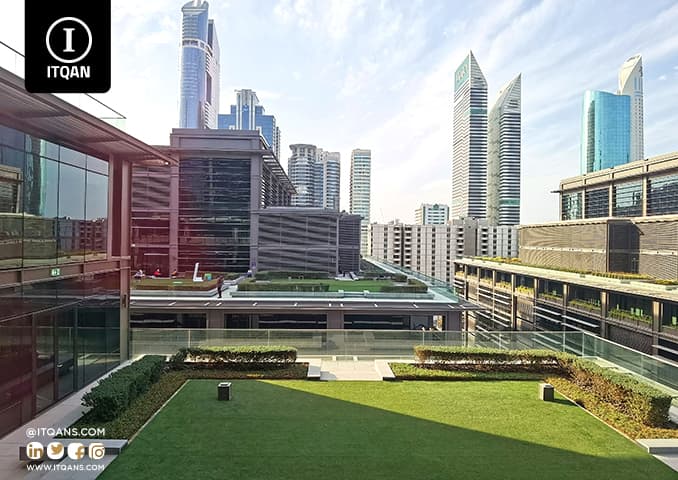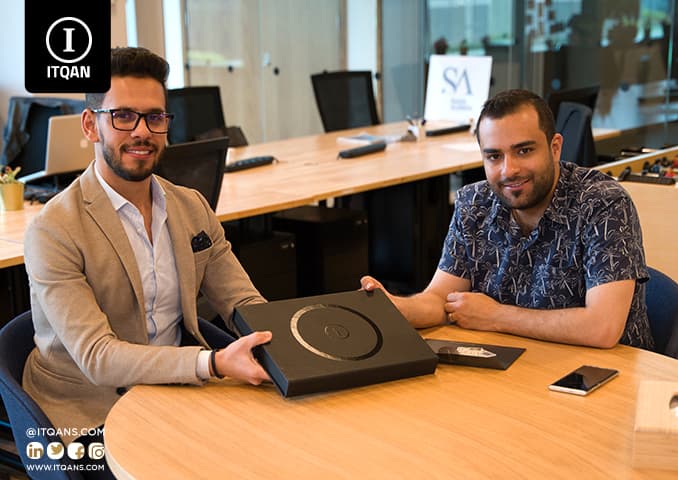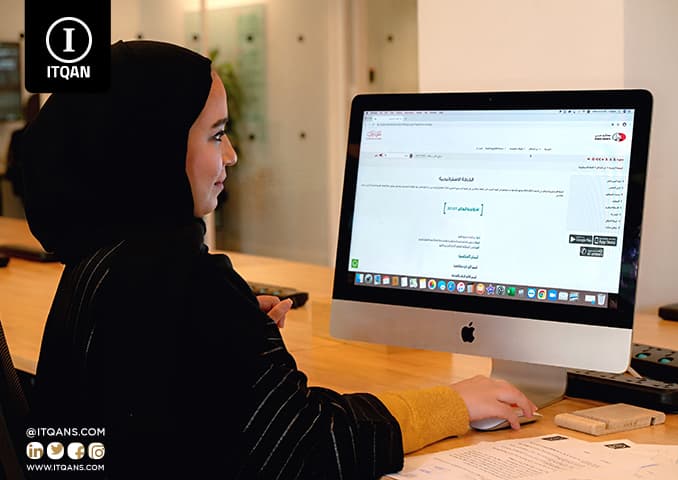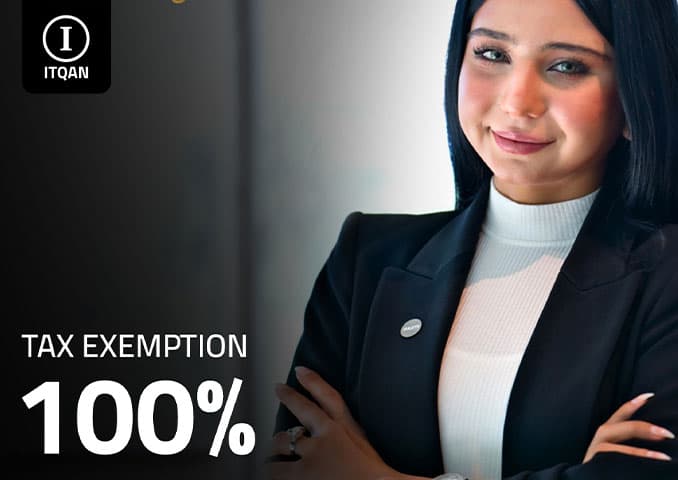Jebel Ali Investor Visa Requirements
Jebel Ali is one of the most prominent free zones in the UAE, and is strategically located on the western coast of Dubai. This area provides an ideal environment for foreign investors, as it is a preferred destination for starting businesses and establishing companies. Jebel Ali has a flexible legal system, which makes it easy […]
Jebel Ali Investor Visa Requirements Read More »











